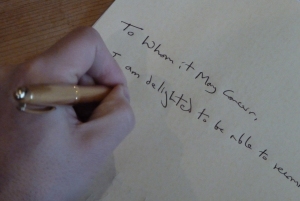
Delicious has survived various changes of ownership in the last ten years. Fortunately rumours of its demise have never been correct (yet)
This week, I passed a landmark of sorts when I bookmarked my 10,000th website using the Delicious tool.
Back in December 2007, my colleague Alan Cann persuaded me to try out a new social bookmarking tool, then called del.icio.us (I guess from a current vantage point we’d call this an early example of “cloud computing“). Here was a way to mark websites in case you wanted to find them again at a later stage. If that sounds a bit like “favourites” on your PC, then it was – but this was SO much more. Using del.icio.us you could:
- add to one list of sites regardless of which machine you happened to be using
- add tags of your choosing (“folksonomies”) meaning that you could mark the page by content, by source, by potential use, etc
- add some additional notes or comments
- share the sites with other people (including setting up RSS feeds)
- dip into the bookmarks being used by other people, the “social” dimension.
The value of this resource was immediately obvious to me. As someone with eclectic interests, coupled with a significant horder streak, here was a mechanism to flag up things I might want to find again at a later stage without clogging my office with paper print outs. This was a point I tried to convey in a pair of (slightly contrived) photos in a July 2008 presentation about social bookmarking (still available on Slideshare which is, incidentally, one of my other favourite resources). Continue reading



